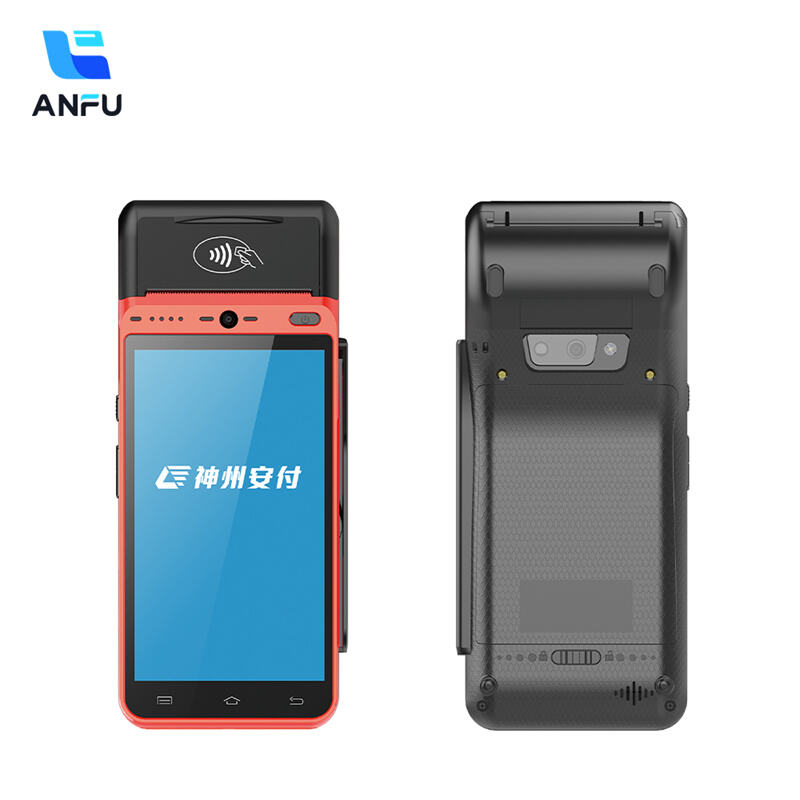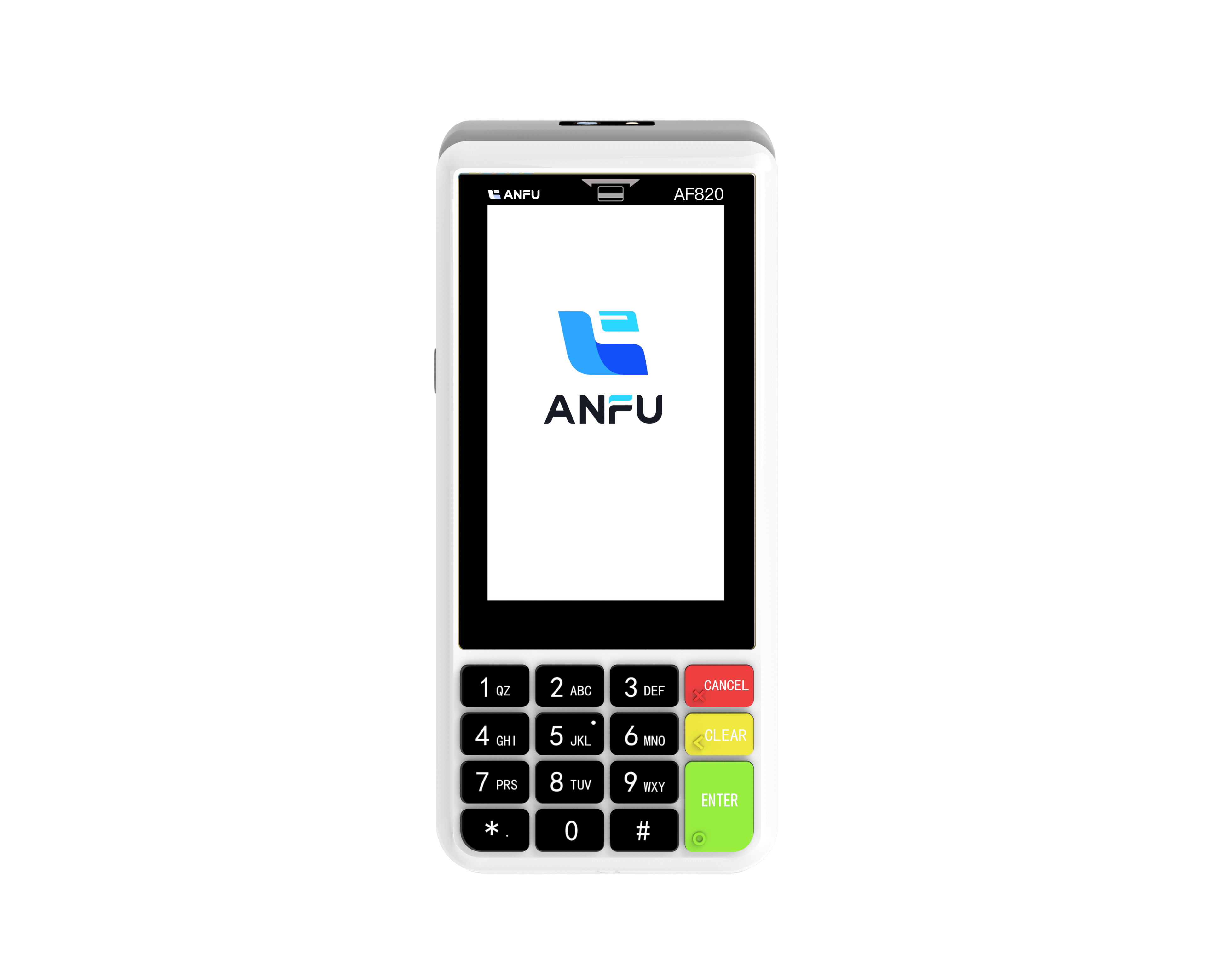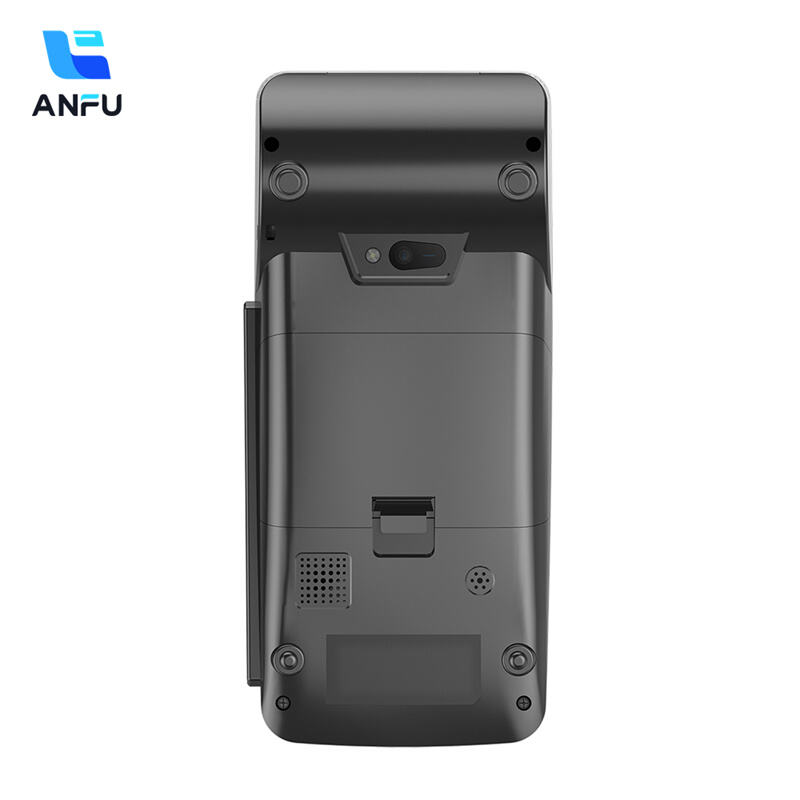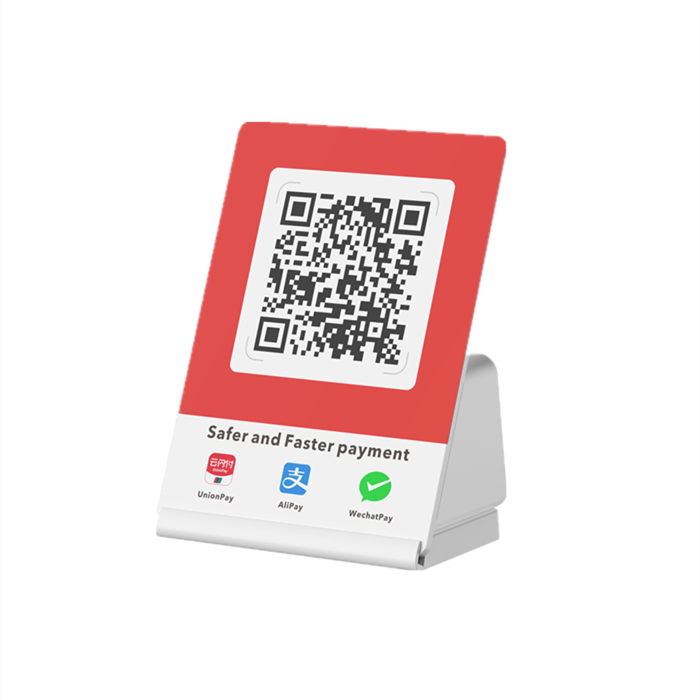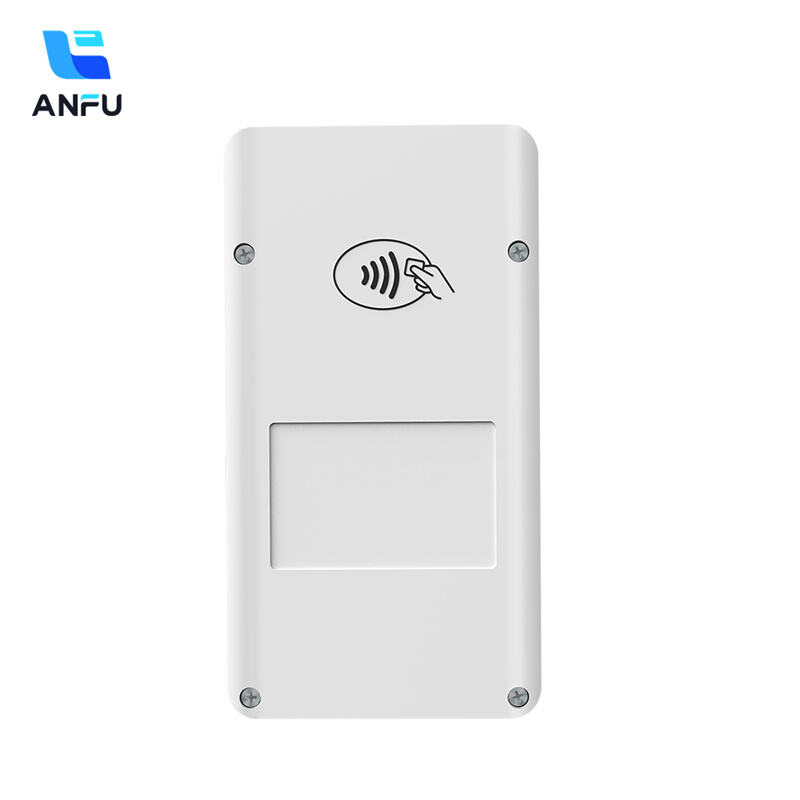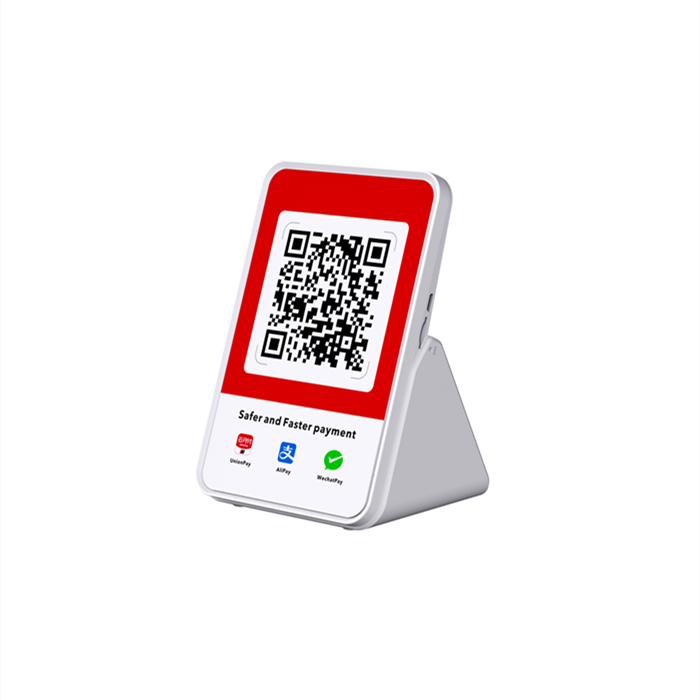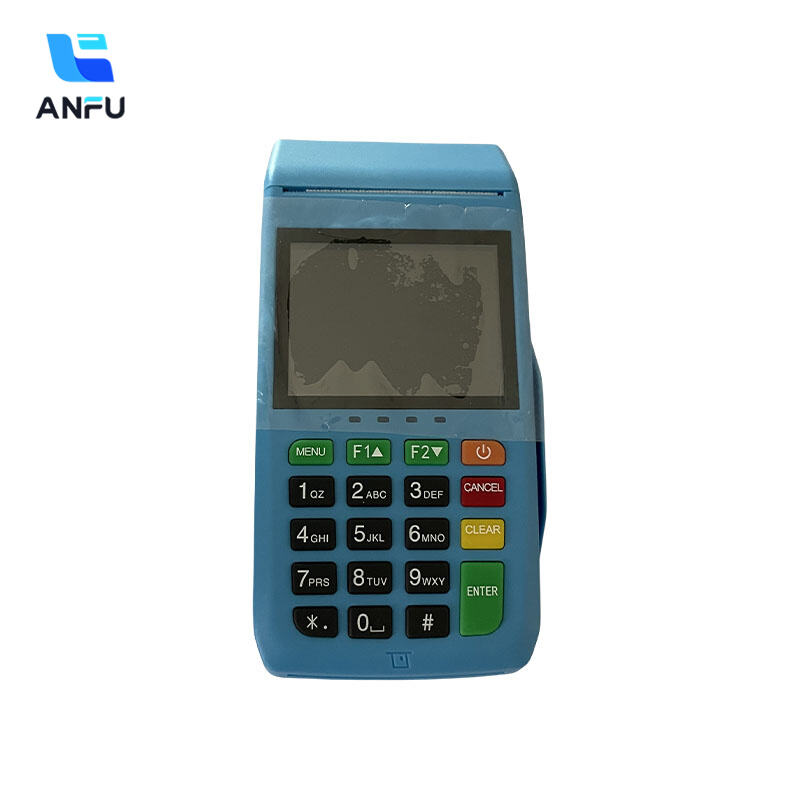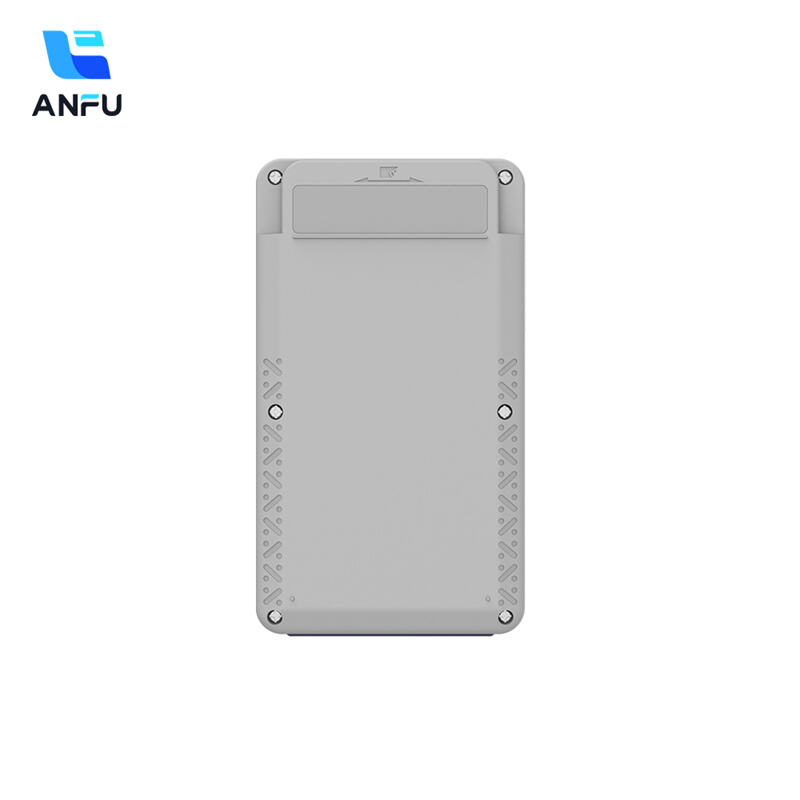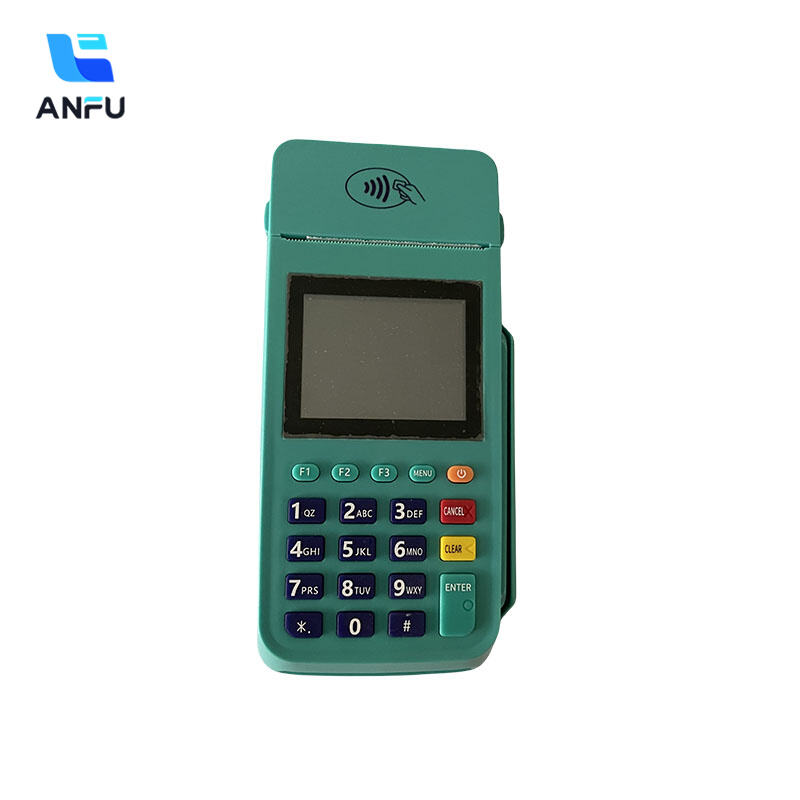Android POS Software: Open-Source Flexibility for Developers
Open-Source Android POS: Unleashing Developer Potential
Customization Through Open Architecture
Android POS systems built on open source platforms are changing how developers build solutions for different businesses. When developers get their hands on the actual code, they can craft applications that really fit what each business needs operationally and what customers expect. The freedom to modify everything usually brings about some pretty cool features that make both users happy and operations run smoother. Take small shops for example, many have added special screens and functions that work much better for their particular type of business compared to off the shelf options. What makes this possible is the open source nature itself. Developers keep finding new ways to tweak and improve these systems so whatever gets built stays useful and keeps up with what competitors are doing out there in the market place.
Community-Driven Development Advantages
A major plus point for open source Android POS systems lies in their community driven development model. The way people work together on these projects really sparks new ideas and gets problems fixed faster than traditional approaches. Around the globe, coders chip in by sharing code snippets, debugging issues, and suggesting enhancements that actually make the whole system better over time. Take for instance recent updates where community members added support for contactless payments and improved stock tracking capabilities. These real world improvements mean businesses running on such platforms automatically get access to cutting edge tech without having to wait years for official releases. Small retailers especially notice this difference when comparing against proprietary solutions that lag behind in feature sets and update frequency.
Integration with Modern Tech Stacks
Android based point of sale systems from open source platforms work really well when connected to today's tech infrastructure, making them much more powerful tools for businesses. When linked up with things like IoT devices and cloud services, companies aren't just keeping pace with tech changes they're actually getting ahead of the curve while running operations smoother too. Most businesses find that connecting their old systems and databases is possible thanks to strong API links, something that makes daily tasks run faster and gives managers access to live data whenever needed. We've seen stores report around 30% improvements in how efficiently they operate after implementing these kinds of tech upgrades. The bottom line is that these Android POS solutions meet what businesses need right now and set them up nicely for whatever comes next in the ever changing world of retail technology.
Core Features of Android POS Software
Multi-Payment Protocol Support
Modern businesses need to handle all sorts of payments these days, and Android POS systems really shine when it comes to supporting different payment types. These systems can process chip cards, old school magnetic stripes, and those handy tap-to-pay options too. Most shops find that having several payment options makes customers happier because people just want what works best for them at checkout time. Studies show that stores which offer multiple ways to pay tend to see higher satisfaction rates from shoppers who appreciate not having to fumble around with one method only. Plus there's another big plus side security wise. When businesses accept various payment formats, they actually create safer transactions overall since each method has its own protection layers against fraud. This helps keep customer info secure and builds that important trust factor between merchants and their clientele.
Real-Time Inventory Management Tools
One of the standout aspects of Android POS software lies in its real time inventory management capabilities. When inventory gets updated instantly across all points of sale, staff always knows what stock they actually have on hand. The benefit? Fewer instances where shelves look full but systems show empty slots. Retailers report better control over their supply chains too because they spot low stock items before customers even ask about them. Take Walmart for example they slashed back orders by 30% after implementing this kind of system wide last year. What we're seeing now is not just improved numbers on spreadsheets but actual operational improvements in how stores run day to day.
API Access for Third-Party Extensions
Having API access available in Android POS systems makes all the difference when it comes to expanding what they can do with third party apps. When businesses get their hands on open APIs, they're able to tweak their POS setups according to what works best for day to day operations. Think about adding things like better marketing tools or linking up with accounting programs that already exist within the company. We've seen this happen more and more lately across different industries. Take restaurants for instance who want to track customer preferences or retailers looking to connect online sales channels directly to their store inventory. These kinds of integrations aren't just nice to have features anymore but actual game changers that help shops stay ahead of competition while making sure every transaction runs smoothly at checkout counters everywhere.
Shenzhou Anfu's Android POS Hardware Solutions
AF930: Secure Handheld POS for Mobile Transactions
The AF930 represents a solid option for mobile point of sale operations, making sure payments happen securely on the go. What really sets it apart are those built-in security measures including several tamper detection systems plus automatic self-destruct protocols if someone tries to mess with the device. These meet all the tough requirements from UnionPay regarding smart terminal safety certifications. For merchants wanting customers to feel confident when handing over credit cards, this kind of protection matters a lot. Looking at what other similar devices offer, the AF930 just has better security overall which gives shop owners one less thing to worry about when handling sensitive financial data throughout daily business operations.
To further demonstrate its effectiveness, businesses using advanced handheld POS devices, such as the AF930, often report increased mobile transaction rates. This surge is attributable to the deviceâs seamless usability and secure payment processing capabilities, making it a popular choice in retail and other transaction-heavy environments.
AF820: Versatile Payment Hub with Advanced Connectivity
The AF820 Android POS Terminal stands out as a flexible payment solution with impressive connectivity features. It comes equipped with Bluetooth, Wi-Fi, and cellular support across 4G, 3G, and even older 2G networks. For small businesses operating in different locations, this means they can keep processing payments without missing a beat no matter where they set up shop. What really makes this device special though is how it handles all those connections behind the scenes. Running on ANFU OS with a solid ARM Cortex-A53 processor inside, merchants can swipe magnetic strips, tap contactless cards, or insert chip cards without any hiccups in their transaction workflow. The system just keeps going smoothly from one payment type to another throughout busy shifts at retail counters or food service operations.
Retailers who've switched to the AF820 tend to see better results when it comes to serving their customers. What makes this terminal stand out? Its ability to connect across different systems plus its flexibility means stores can keep up with all the new tech stuff coming out there these days. Customers want fast service now more than ever, right? Well, staying connected matters a lot in modern shops. The AF820 gives merchants exactly what they need for seamless transactions so nobody gets stuck waiting at checkout. And let's face it nobody likes bad customer service, especially not in today's competitive market where people will just walk away if something goes wrong during purchase.
Security & Scalability in Android POS Ecosystems
Bank-Grade Encryption Standards
Keeping payments safe remains a top concern for merchants everywhere. Android point-of-sale systems now come equipped with encryption standards similar to what banks use, which helps shield customer information during transactions. The reality is these security protocols cut down on fraudulent activity because they make it much harder for anyone to intercept or alter payment details. Take restaurants as an example many have reported fewer chargebacks since upgrading their hardware with better encryption features. Industry professionals keep pointing out that strong security isn't just about compliance anymore it's become essential for building lasting relationships with shoppers who expect their financial info to stay protected. Without solid safeguards in place, businesses risk losing not only money but also valuable customer confidence.
Remote System Updates & Maintenance
Remote system updates really make all the difference when it comes to keeping POS systems running smoothly and lasting longer than they otherwise would. With these updates, businesses can roll out fresh features or fix security holes without having some tech guy show up at their door. The numbers back this up too many shops report way less downtime when they stay on top of things remotely. Take a look at what happens in practice some stores actually manage to keep their systems online almost constantly now because they're getting those patches applied as soon as they come out. This kind of regular maintenance means fewer surprises during busy hours and customers aren't left hanging when payment terminals go down unexpectedly.
Modular Design for Future Expansion
The modular design approach really makes all the difference when it comes to scaling Android POS systems. Businesses can tweak their point of sale setup as they expand, just plugging in new modules or taking out old ones without having to rebuild everything from scratch. Flexibility matters a lot for shops planning to grow bigger down the road. Take some actual cases we've seen where restaurants and retail stores managed their growth thanks to this modular thinking. They were able to bring in new tech features and functions whenever needed, right alongside regular business operations. What's so great about this kind of adaptable system? Well, it keeps companies ahead of the curve and ready to handle whatever shifts happen in the marketplace over time.
Recommended Products
Hot News
-
Smart Card 2019
2024-01-23
-
Trustech 2019
2024-01-12
-
Futurecom 2019
2024-01-12
-
Seamless Payments Asia 2020
2024-01-12
-
Seamless Middle East 2022
2024-01-12

 EN
EN
 AR
AR
 BG
BG
 CS
CS
 DA
DA
 NL
NL
 FR
FR
 IT
IT
 JA
JA
 KO
KO
 PL
PL
 PT
PT
 RU
RU
 ES
ES
 TL
TL
 ID
ID
 LT
LT
 UK
UK
 VI
VI
 HU
HU
 MT
MT
 TH
TH
 TR
TR
 FA
FA
 AF
AF
 MS
MS
 MK
MK
 HY
HY
 AZ
AZ
 KA
KA
 BN
BN
 BS
BS
 LO
LO
 MN
MN
 NE
NE
 ZU
ZU
 MY
MY
 KK
KK
 UZ
UZ
 KY
KY
